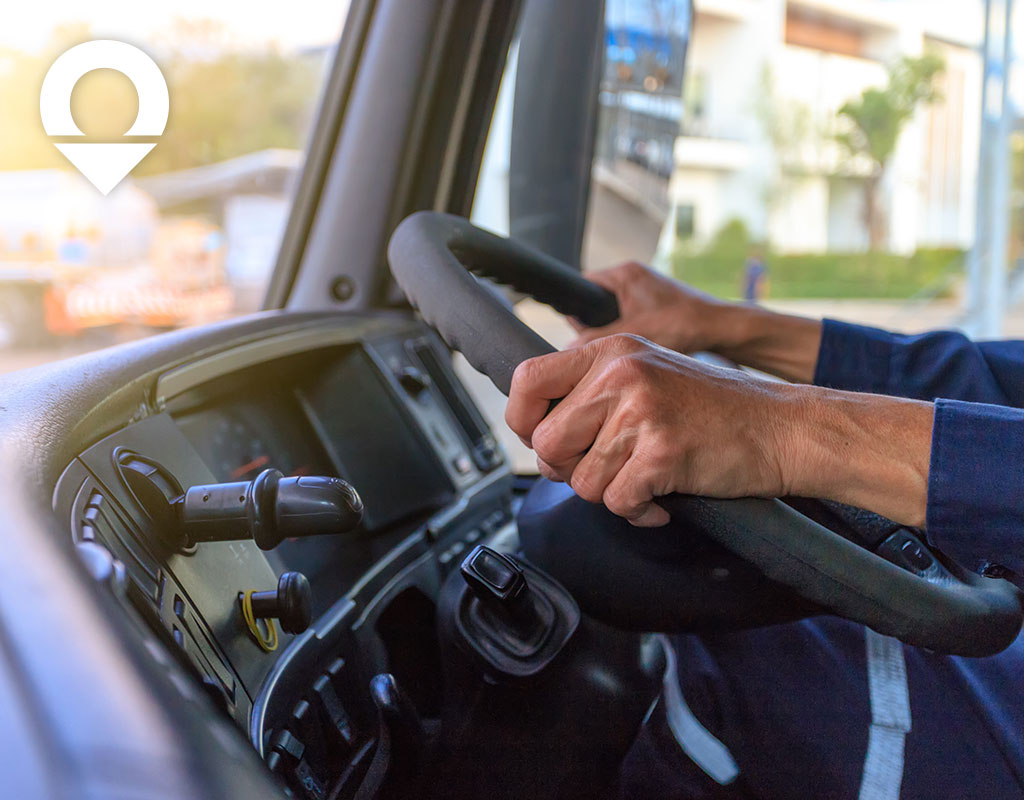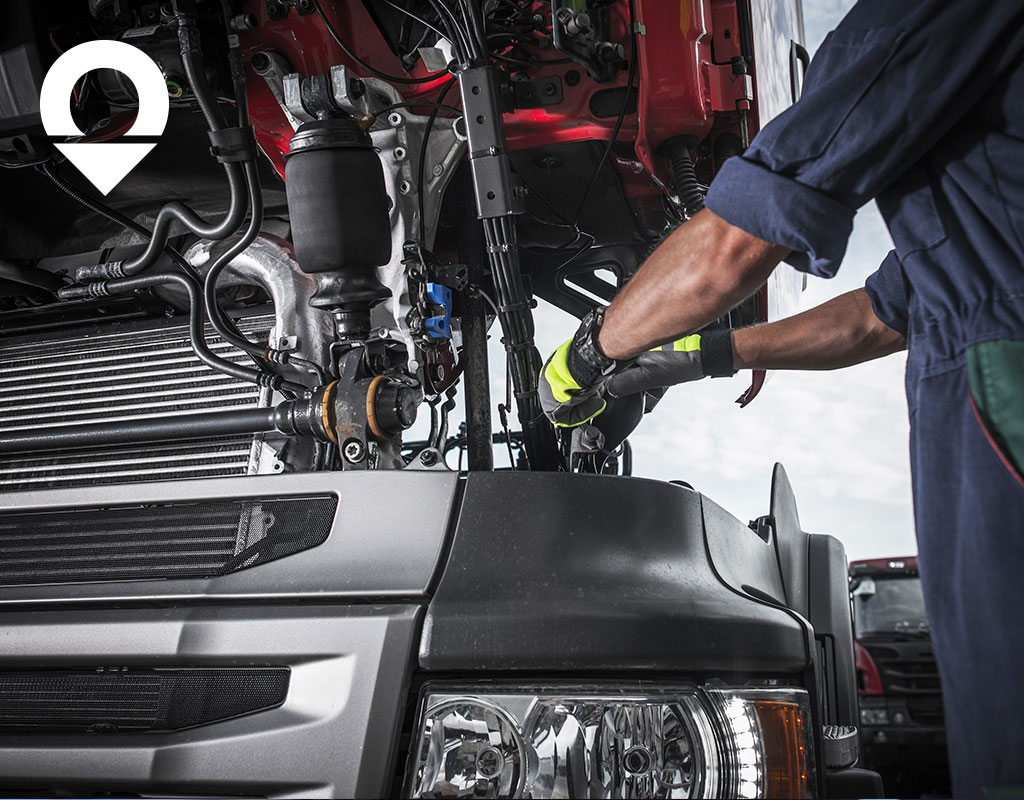Ces dernières années, le prix du carburant ne cesse d’augmenter, que ce soit celui de l’essence, du diesel ou du GNR (Gazole non routier), aussi bien pour le véhicule particulier que les véhicules professionnels, au point de devenir l’un des postes de coûts les plus importants dans le transport routier par exemple. En effet, on estime que le carburant se situe en deuxième place dans les poste de dépense des exploitants routiers, puisqu’il représente en moyenne 25 % à 30 % des frais. Le constat est le même (à proportions différentes) pour toute activité qui utilise des engins gourmands en énergie fréquemment. Chez ECOLOW, on aide activement les professionnels à assurer une gestion efficace de leur carburant afin d’éviter la surconsommation et réaliser des économies d’énergie.
Découvrez notre top 5 des conseils pour économiser du carburant spécialement regroupés pour vous !
Nos 5 astuces pour moins consommer
Dans cet article, nous souhaitons cibler nos conseils autour du secteur le plus concerné par le sujet et sur lequel nous agissons auprès de nombreux clients pour les aider à réduire leurs budget carburant: ceux du transport routier. Ces 5 astuces sont là pour vous apporter des solutions pour moins consommer, gage d’économie dans les dépenses de votre entreprise… mais aussi pour diminuer la pollution et s’inscrire dans une démarche de protection de l’environnement !

Optimiser le plan de transport
Pour conserver un rapport positif entre la distance kilométrique et la consommation camion en carburant, plusieurs conseils sont à appliquer autour de l’optimisation du plan de transport:
- Planifier l’itinéraire sur une carte, c’est-à-dire optimiser sa tournée en vérifiant l’efficacité de son parcours de livraison pour réaliser le moins de kilomètres possibles et économiser du carburant.
- Réguler le taux de remplissage du véhicule routier, optimiser son chargement dans la limite du raisonnable, de manière à réaliser une économie sur le nombre de trajets sans pour autant fragiliser le fonctionnement du moteur (éviter la surchauffe du véhicule).
- La mutualisation des flux, assurez le regroupement de plusieurs marchandises avec des partenaires commerciaux ou des concurrents du secteur routier afin de réaliser une économie en temps et en argent (moins de litres de carburant consommés !).

Économiser du carburant avec l’Écoconduite
Les avis sont unanimes, pour aider les conducteurs à économiser du carburant et les allers-retours intempestifs aux stations-services, il est essentiel de les encourager à adopter une conduite responsable de leur véhicule avec la mise en place de formation à l’éco-conduite pour poids-lourd.
Cette méthode de conduite comprend plusieurs techniques qui permettent aux chauffeurs par la mise en place de bonnes pratiques de conduite, de réduire la consommation de leurs véhicule, la pollution engendrée et de diminuer les risques d’accidents. En voici un bref résumé :
- Limitez la vitesse de conduite du véhicule sur route et autoroute afin de réduire le risque de surconsommation, responsable d’une émission conséquente des gaz à effet de serre et ainsi préserver la sécurité de tous, en ville comme à la campagne.
- Roulez à vitesse constance grâce à l’usage d’un régulateur.
- Évitez d’enclencher le système de climatisation qui augmente la consommation en diesel (ou essence) du véhicule.
- Réduire la vitesse du véhicule en montée et utiliser le frein moteur lors des descentes afin de préserver quelques litres de carburant lors du trajet.
- Dernier conseil, adoptez une conduite souple, sans accélération brusque dans les tours ni freinage intense afin de préserver les pneus et éviter la surconsommation.

L’entretien de vos véhicules
Outre le choix d’adopter une vitesse constante pour son véhicule routier afin de diminuer la consommation du moteur et d’économier du carburant, il convient également d’assurer sa gestion et son entretien véhicule de manière rigoureuse. Les gestionnaires connaissent bien le sujet.
L’état des pneus et leur pression doivent être vérifiés régulièrement pour s’assurer qu’il n’y ait ni crevaison ni déchirure, pouvant causer des accidents sur le parcours des véhicules routiers. La pression, quant à elle, est une variable primordiale pour assurer une conduite sécuritaire et économique ; des pneus sous-gonflés sont sources d’usure prématurée et de consommation excessive de carburant.
L’entretien du véhicule routier doit être complet et inclure la vérification du système de freinage, du système d’éclairage, des suspensions ainsi que les niveaux de liquides (huile du moteur, refroidissement et freins). Il est nécessaire de réaliser une vidange du moteur tous les 30 000 à 60 000 kilomètres en moyenne pour assurer sa longévité, tout comme les pièces du véhicule doivent être remplacées dès que leur efficacité n’est plus optimale.
Grâce à une gestion parfaite de l’entretien de votre flotte de véhicules routiers, vous permettez aux moteurs de vos poids-lourd de prolonger leur durée de vie et d’assurer vos services professionnels en toute sérénité !

La technologie au service de l’économie de carburant : la Télématique
Dans le secteur du transport routier, comme nous le précisons depuis le début de cet article, la maîtrise étroite des coûts de carburant est cruciale pour la rentabilité des entreprises. Les systèmes télématiques embarqués offrent une solution innovante pour optimiser la consommation de carburant. Ces dispositifs permettent de suivre et d’analyser en temps réel les données liées à la consommation, telles que la vitesse, les habitudes de freinage, les heures de fonctionnement du moteur et les trajets empruntés.
En mettant en évidence les zones d’amélioration, les gestionnaires de flotte peuvent mettre en place des stratégies pour réduire leurs consommation.
Les différentes télématiques sont donc des outils précieux qui permettent aux entreprises de transport routier d’avoir une meilleures disponibilités d’informations pour effectuer des analyses complémentaires à toutes leurs actions.
Ces dispositifs assurent un suivi 24h/24 du niveau de carburant présent dans le réservoir du véhicule, de manière à optimiser son utilisation. On considère que cet investissement permet de réaliser une économie de carburant de 10% en moyenne par rapport au budget énergie.
En effet, ce boitier embarqué dans le camion pendant leur trajet sur la route est gage d’une économie de 3 litres aux 100 km ; d’après Jean-Marc Platero, directeur des ressources techniques de l’entreprise STEF, « l’outil permet de mesurer la consommation du moteur au ralenti, de détecter et d’alerter les siphonnages de réservoir, d’organiser la gestion des pleins ».
Ces systèmes restent couteux, leurs efficacité diffère d’un modèle à l’autre et bien qu’extrêmement répandues ils sont souvent considérés comme des dispositifs sujets à controverse par les chauffeurs eux mêmes. Aujourd’hui c’est un secteur extrêmement concurrentiel qui développe de nombreuses innovations comme plus récemment le calcul des émissions CO2 même dans le cas de transport multimodal. Cependant ces mesures, sont imparfaites et bien qu’utiles pour de nombreuses raisons il existe d’autres dispositifs qui ciblent plus directement une réduction de votre consommation en carburant.
Économiseur de carburant ECOLOW
Le dispositif ECOLOW, technologie innovante pour économiser du carburant, permet de diminuer la consommation des camions poids lourds, engins agricoles et forestiers, postes fixes et engins de BTP. Utilisant des impulsions électromagnétiques, le module augmente l’efficacité calorifique du carburant avant combustion, entraînant une réduction des émissions de GES et des économies de 5 à 7% pour le transport routier.
Conçu spécifiquement pour les véhicules professionnels, le boîtier ECOLOW est interchangeable entre différents véhicules et préserve la garantie d’origine constructeur. Certifié RoHS, CEE et ISO, il permet aux entreprises de transport routier et autres exploitations d’améliorer leur empreinte écologique tout en réalisant d’importantes économies de carburant. Malheureusement le marhé a connu beaucoup de dérive et les économiseurs, sont en général perçues comme des arnaques et à juste titre.
Notre technologie a nécessité des années de développement et nous l’avons mis sur le marché uniquement après de nombreux essais réalisés avec succés. Aujourd’hui nos clients nous recommandes et sont satisfaits.

